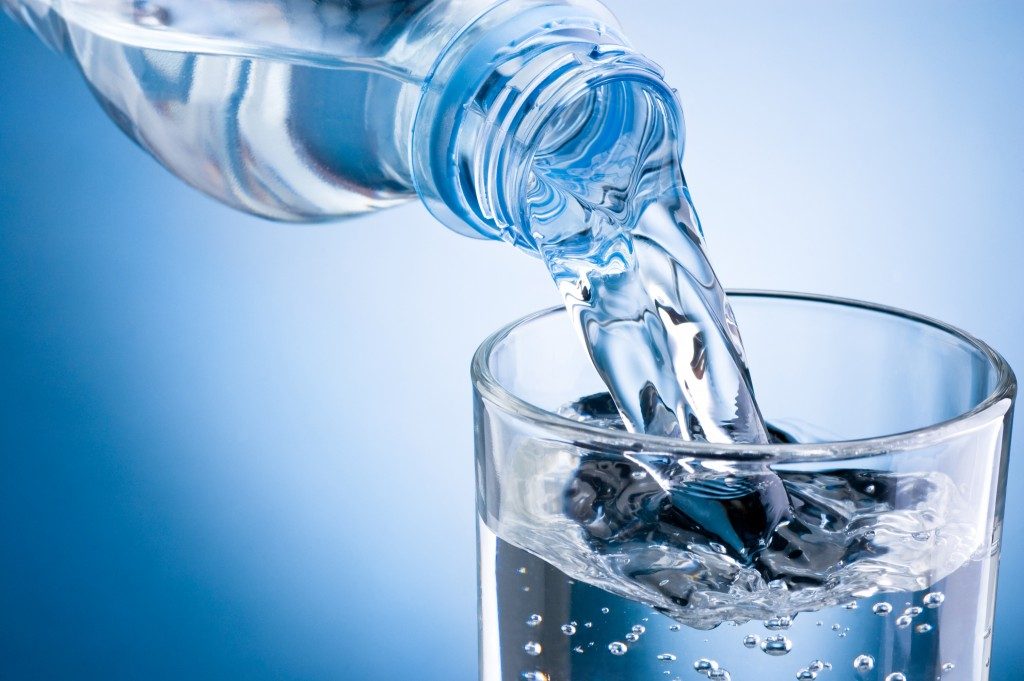A reusable water bottle that does not leak, leach chemicals and is portable is all you need to stay hydrated. If you can prevent dehydration while on the road without adding chemicals to your body, you’re going to be in good shape. The question you must answer is what type of container offers all the benefits without compromising your well-being.
Plastic–convenient and hazardous
Plastic pollution is a worldwide predicament. Plastic is readily available and quite affordable, but it is not a smart choice anymore. Aside from the environmental impact, a typical plastic bottle that fits in your bag could be leaching harmful substances into your drink. The elephant in the room is known as BPA or Bisphenol-A. It is known to alter hormones in the body. While low doses are not harmful, BPA has been associated with cancer risk. Research on BPA is ongoing, but why take the risk when you can use an alternative water container, right? So, aside from the ubiquitous plastic water bottle, what else can you use?
Glass bottles—heavy, but keeps water pure and tasty
The rising popularity of glass bottles in Utah suggests more people are becoming aware of the dangers of uninhibited plastic use. Glass is recyclable, sustainable and does not alter the taste of water. It can be placed in the dishwasher—no problem. You can use it for both cold water and hot water. Unfortunately, it’s not the ideal choice for the clumsy sort. If you are a klutz, you might find a version that is protected by a sleeve, and thus less breakable. You’d have to put up with the weight, though. So, if the weight of glass water bottles bothers you, what else can you use?
Metal water containers—expensive but promising

Food-grade and lead-free stainless steel is on top of the list of metals used as portable water containers. Like glass, stainless steel is recyclable, sustainable, does not leach chemicals, and accommodates hot and cold fluid admirably. You don’t have to worry about the taste of water being altered. You can even place coffee or tea inside. After you rinse it, it’s as good as new. The biggest advantage of stainless steel over glass is insulation. A high-quality stainless steel water bottle is insulated.
Aside from stainless steel, some water bottles are made from aluminum and copper. Aluminum bottles are lightweight and convenient to carry. However, aluminum water bottles are usually lined with plastic. That’s not very ideal considering you are looking for an alternative and staying away from BPA contamination. Copper is another material associated with water bottles. Water placed in aluminum containers for six to eight hours becomes positively charged. Copper neutralizes bacteria as well. It is favored by Ayurveda practitioners, an ancient Indian tradition of health and wellness. It’s more expensive than other types of water bottles and may change color over time. Moreover, you can’t use it as a container for other fluids you might want to bring on the road.
Reusable water bottles allow us to travel without risking dehydration, and its harmful effects on the human body. Don’t take any chances with the water bottle you use every day. Prioritize your health and choose wisely.
